Oct. 2 (Bloomberg) -- If Tony Blair finds himself sucking his Conway Stewart pen while writing his memoirs, he could do worse than to consult ``The Ghost'' by Robert Harris.
A neatly topical thriller, the story pivots on Adam Lang, a recently retired prime minister who dragged the U.K. into an unpopular war in the Mideast. Lang is holed up on Martha's Vineyard, trying to finish his own memoirs and facing a possible war-crimes indictment.
In the hands of Harris, a former journalist who once covered Blair, ``The Ghost'' becomes both a political adventure story and a thoughtful essay on the disappointments of the Blair era, delivered with more insight than a dozen more serious works.
``Just name me one thing he did that Washington wouldn't have approved of,'' a former British foreign secretary says of Lang at one point. Needless to say, no one in the room can.
Lang isn't just based on Blair; he's a facsimile of him. Yes, Harris has both insisted that Lang isn't Blair and chucked in a few minor differences (no doubt to quiet his publisher's lawyers). Yet it's Blair who leaps off the page. Here we see the man of charm and insincerity whom Britons have learned to loathe.
Into the story walks Harris's narrator, ``the ghost.'' He's a ghostwriter accustomed to churning out autobiographies for footballers and minor celebrities. Lang's longtime political aide, who was helping to write the memoirs, has just died. Our hero is drafted by an anxious publishing house -- which paid $10 million for the book -- to finish the job.
Perilous Pursuit
As the ghost delves into Lang's past, he unearths a conspiracy that puts his own life in peril and casts the ``special relationship'' between Britain and the U.S. in a whole new light. Without giving away the plot, suffice it to say that Blair haters will come away with the sense of having dined well.
The novel is set in the two worlds Harris knows best: politics and publishing. There are plenty of good jokes at the expense of both. Rapacious agents, ramshackle publishing conglomerates and frantic politicos fill the pages.
What really interests Harris, though, is the chance to meditate on what drove his leader. ``I realized I had a fundamental problem with our former prime minister,'' the ghost comments after reading the mind-numbingly tedious first draft of Lang's memoirs.
``He was not a psychologically credible character,'' he says. ``In the flesh, or on the screen, playing the part of a statesman, he seemed to have a strong personality. But somehow, when one sat down to think about him, he vanished. This made it almost impossible for me to do my job.''
Political Cipher
That point has often been made about Blair. For all his enormous talents as a politician, he didn't seem to believe in anything apart from his unswerving support for the U.S.
Harris is no embittered Tory. When he was a reporter, Harris, if not quite a cheerleader of Blair, was certainly on the same planet. Like much of the British public, he supported Blair, and can still see his charm. Yet Harris wound up feeling betrayed. That's the book's strength. Like many of us, he can't quite understand how we put such an odd man in charge.
Harris's proffered solution to the mystery of why his prime minister remained so slavishly loyal to a crazy U.S. foreign policy involves a conspiracy that may be way off the believability spectrum. Then again, maybe not.
All in all, this novel makes for a rattling good yarn. And should Blair be in need of a ghostwriter, he could certainly do worse than to give Harris a call.
``The Ghost'' is published by Hutchinson in the U.K. and by Simon & Schuster in the U.S. (355 pages, 18.99 pounds, $26).
(Matthew Lynn is a columnist for Bloomberg. The opinions expressed are his own.)

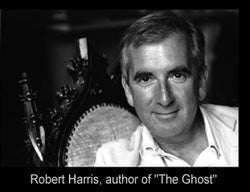
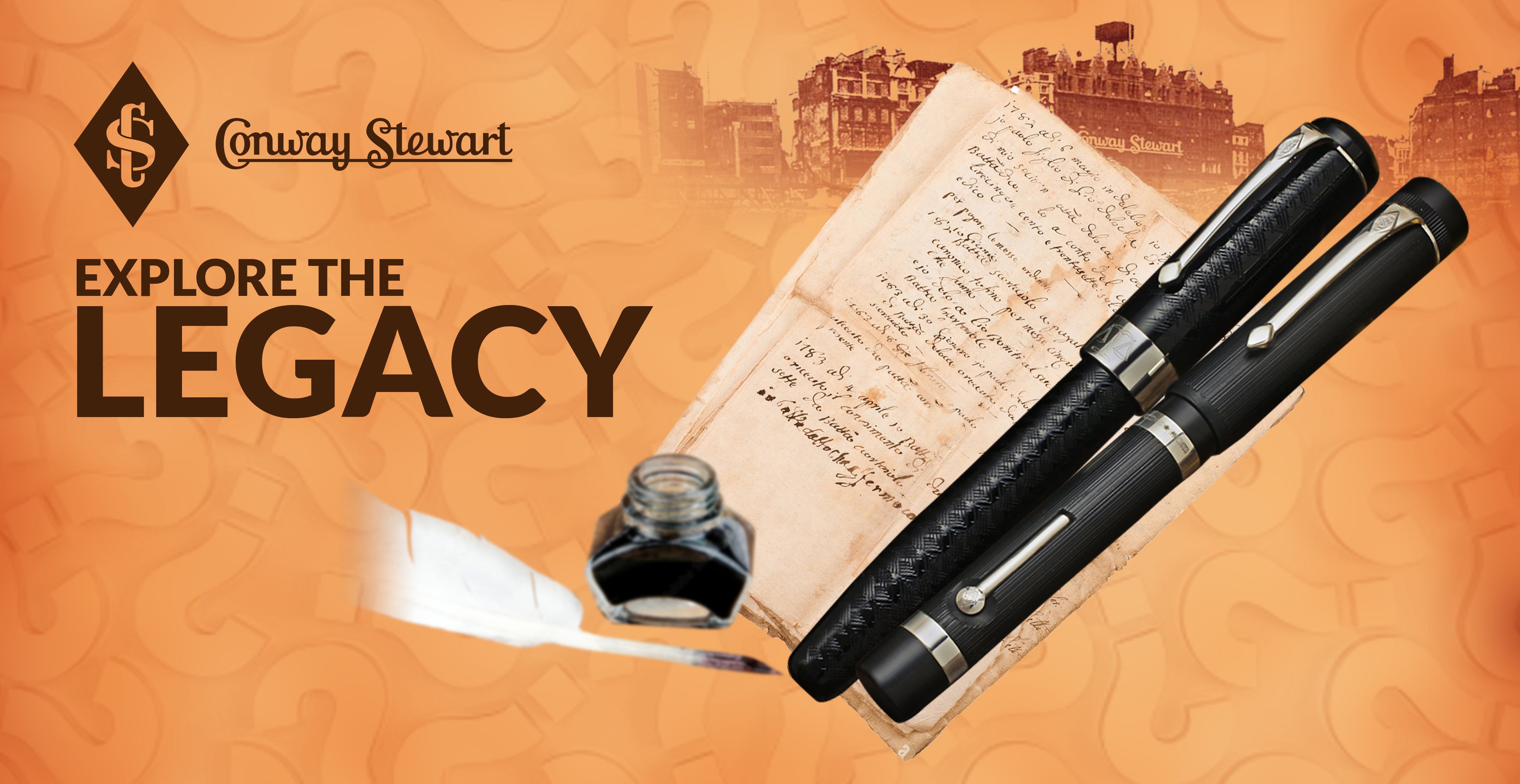
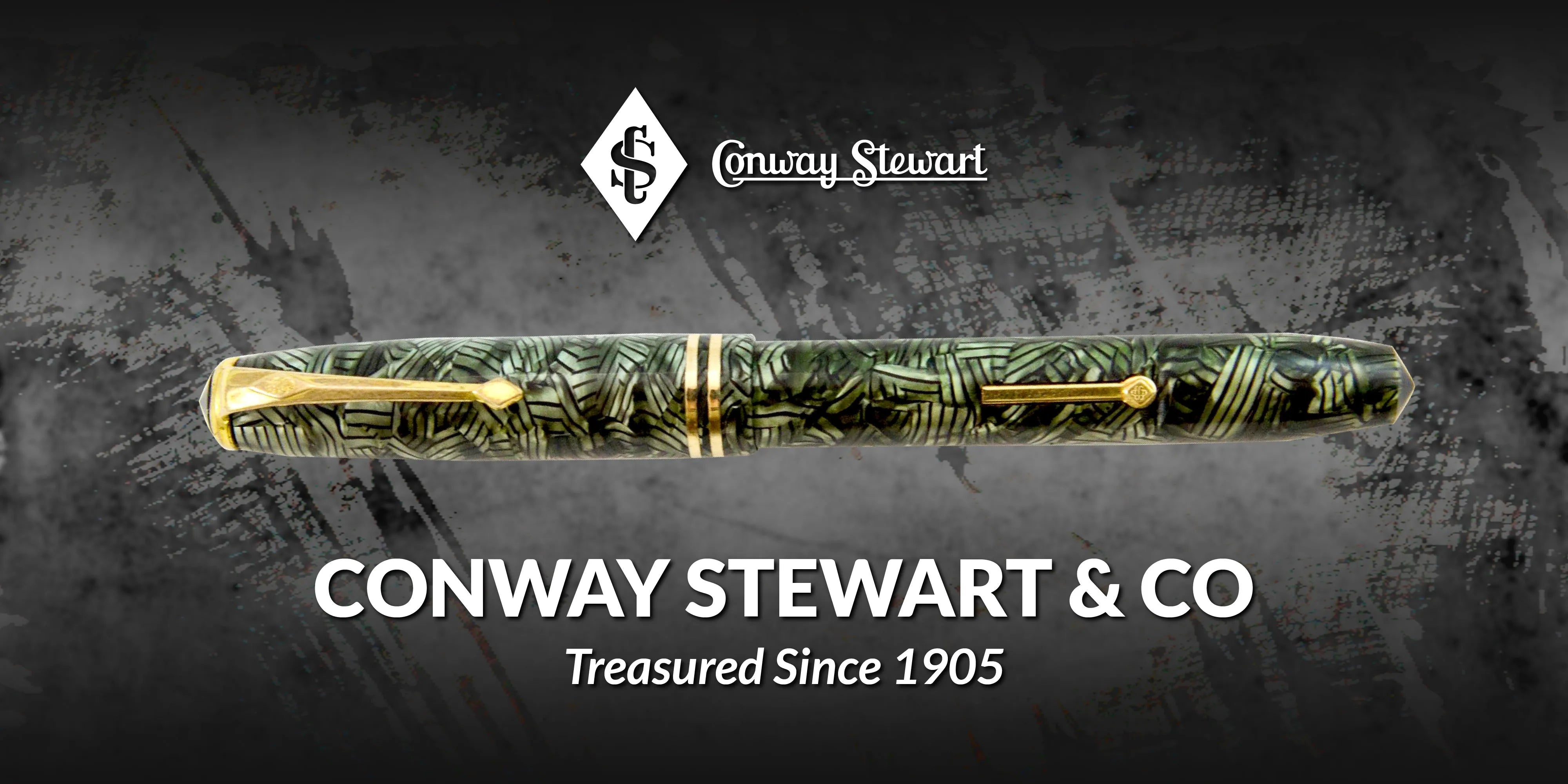
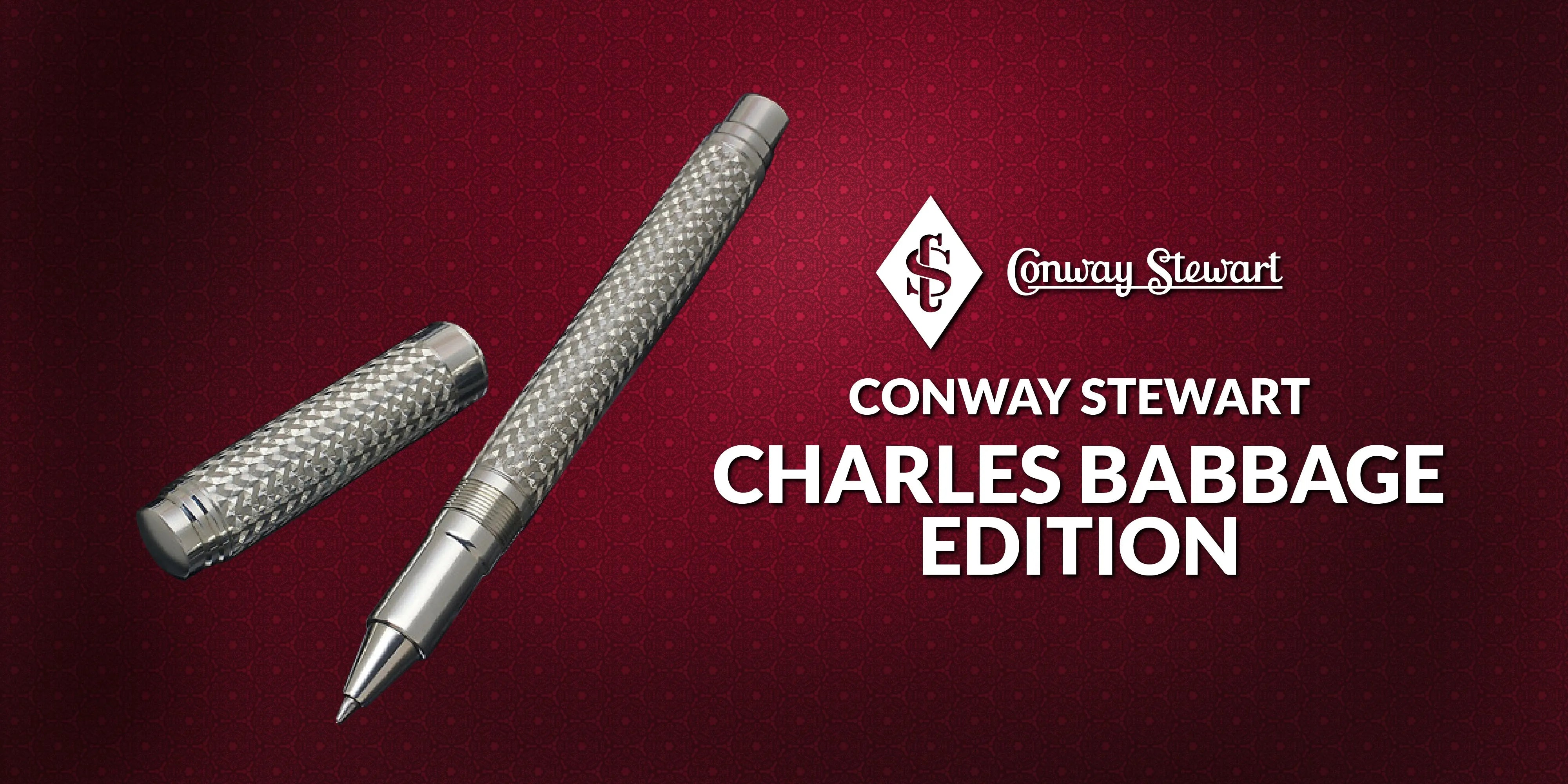
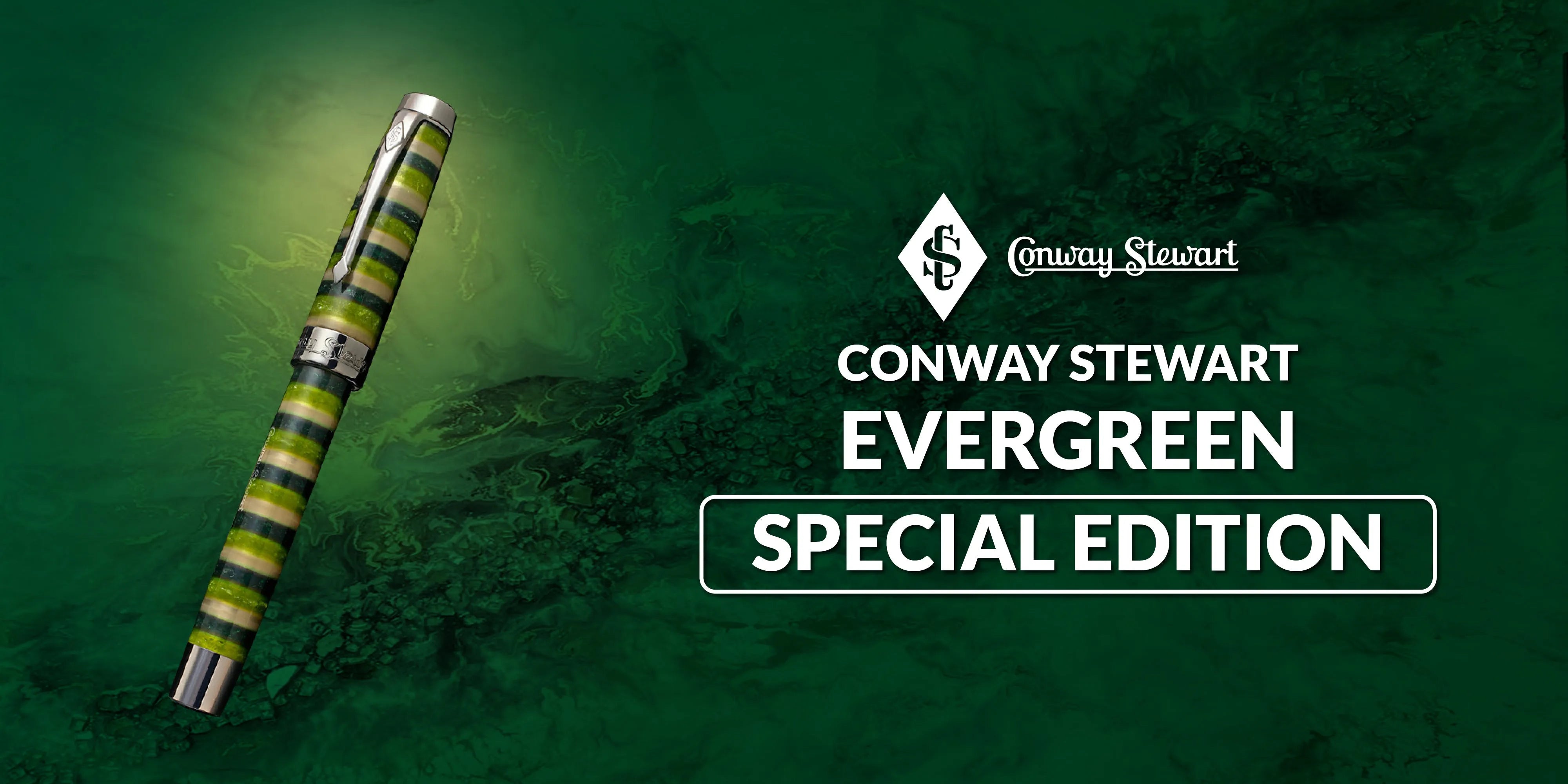
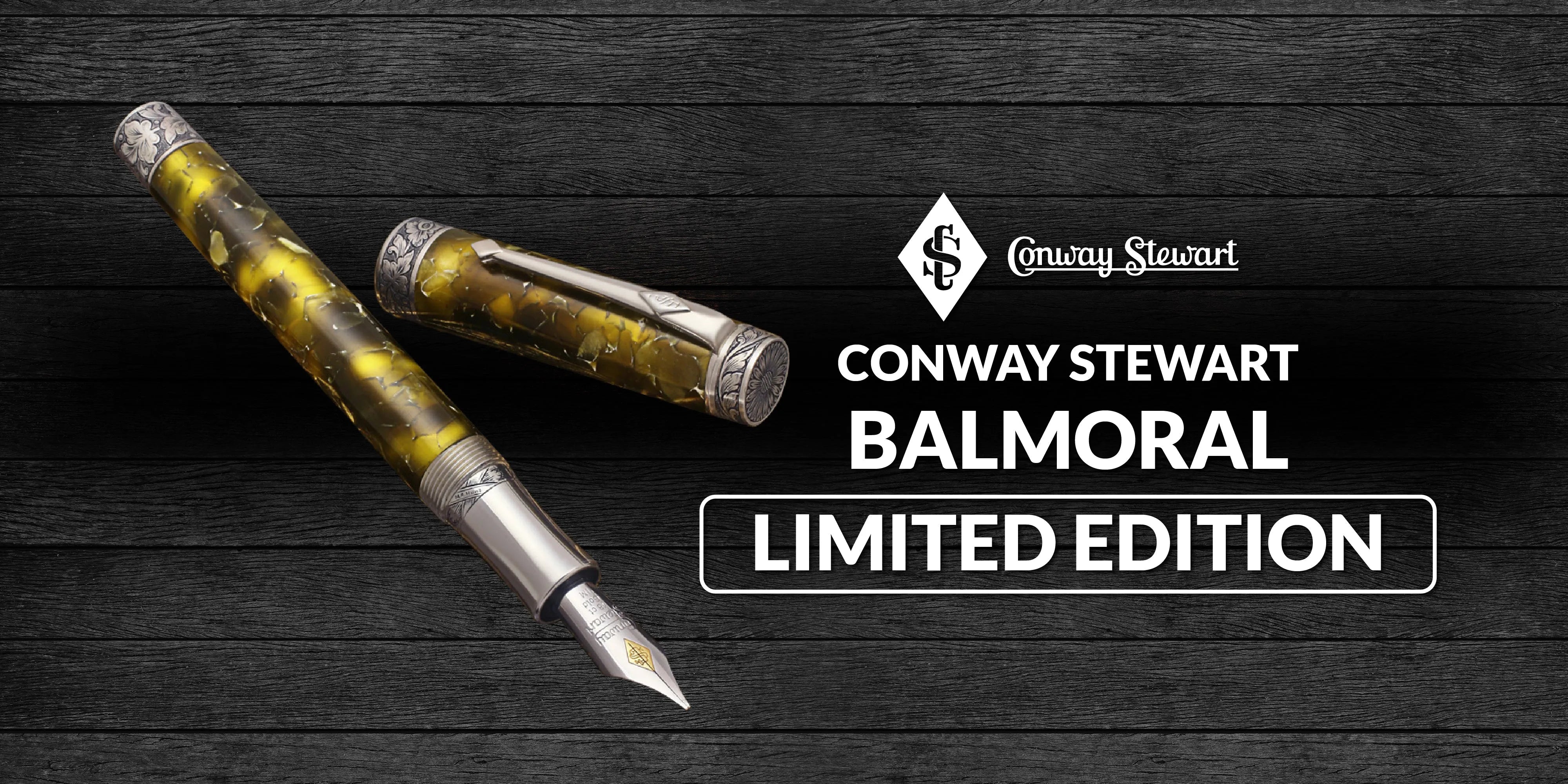
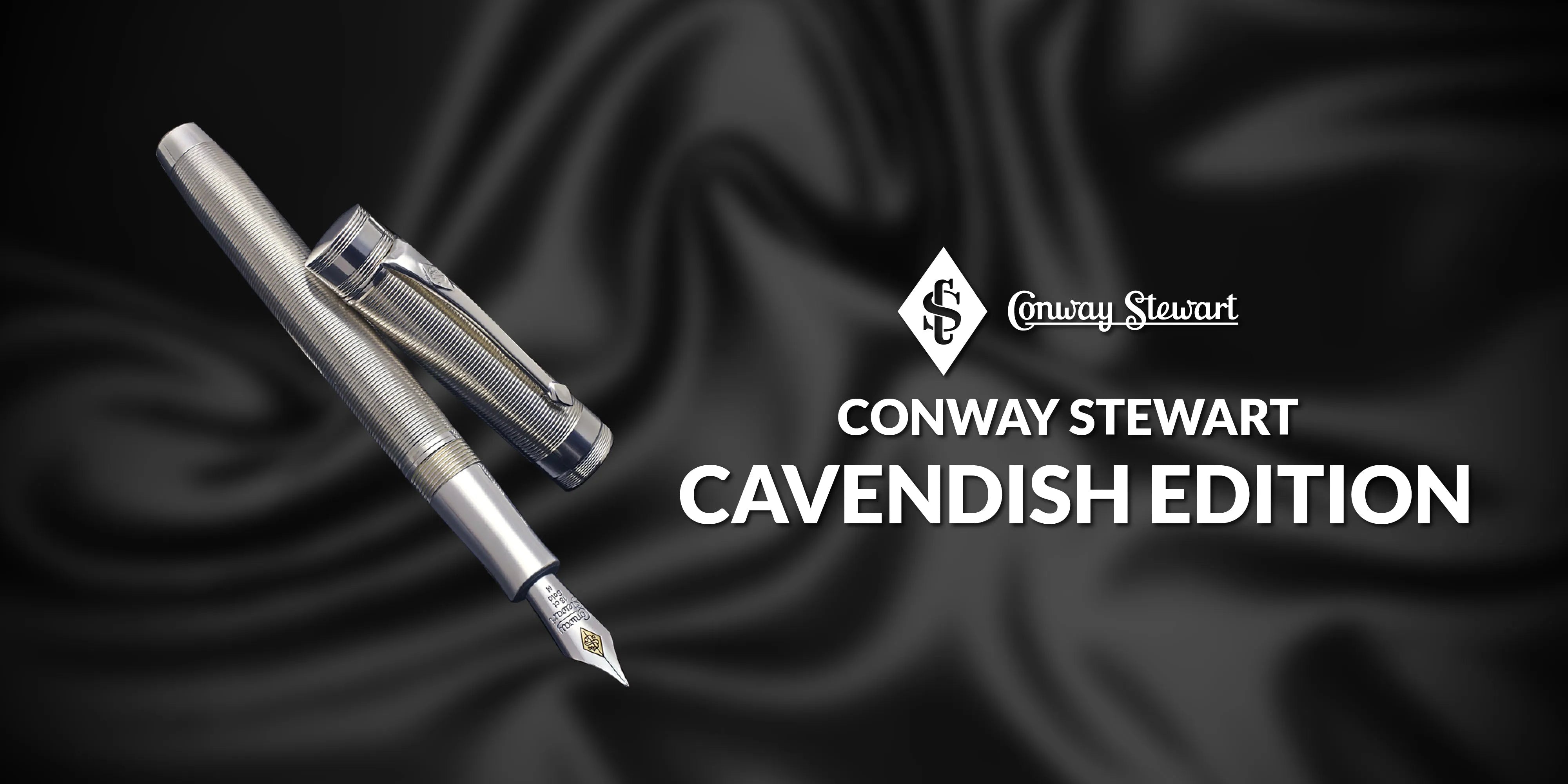
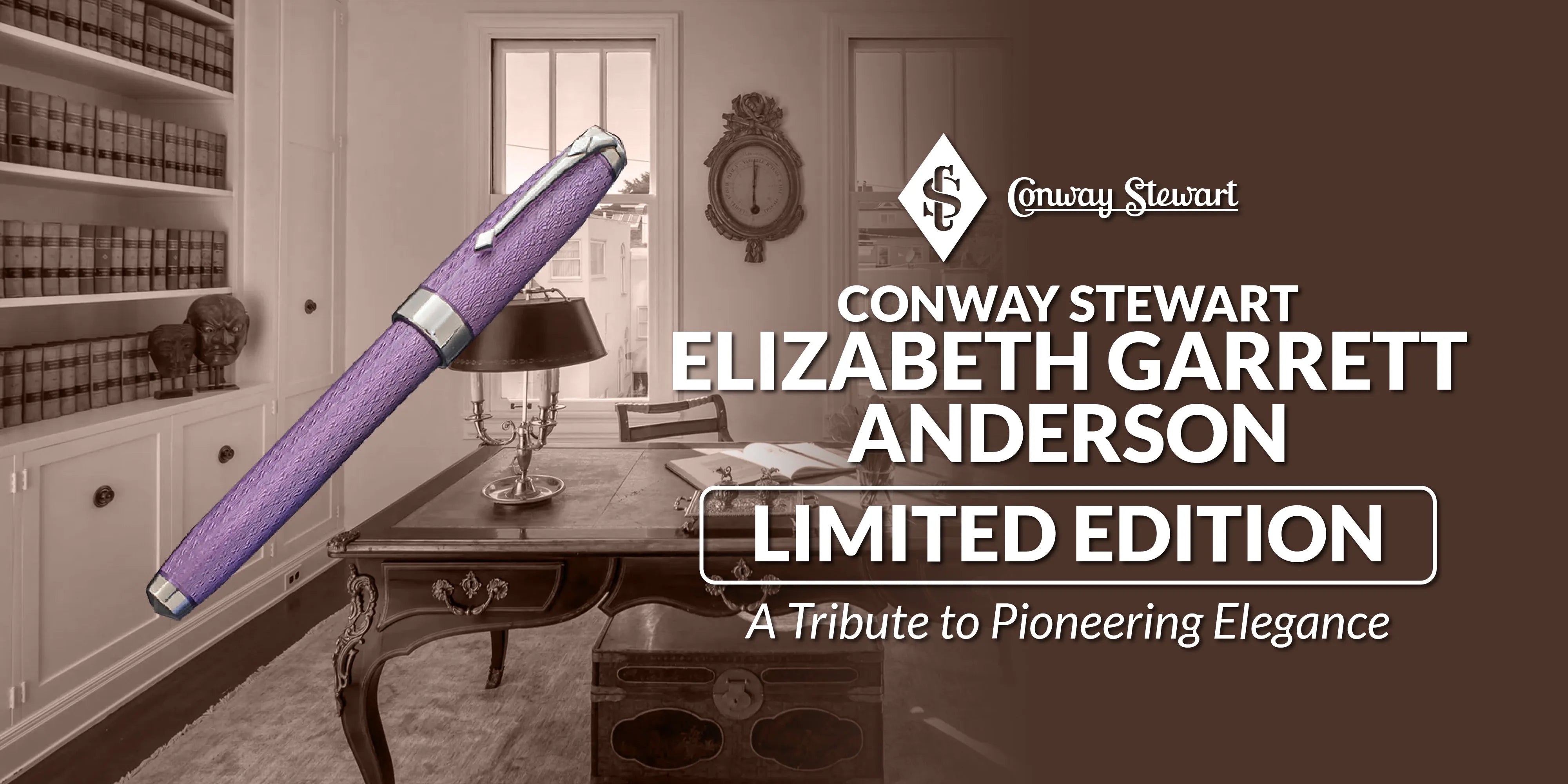


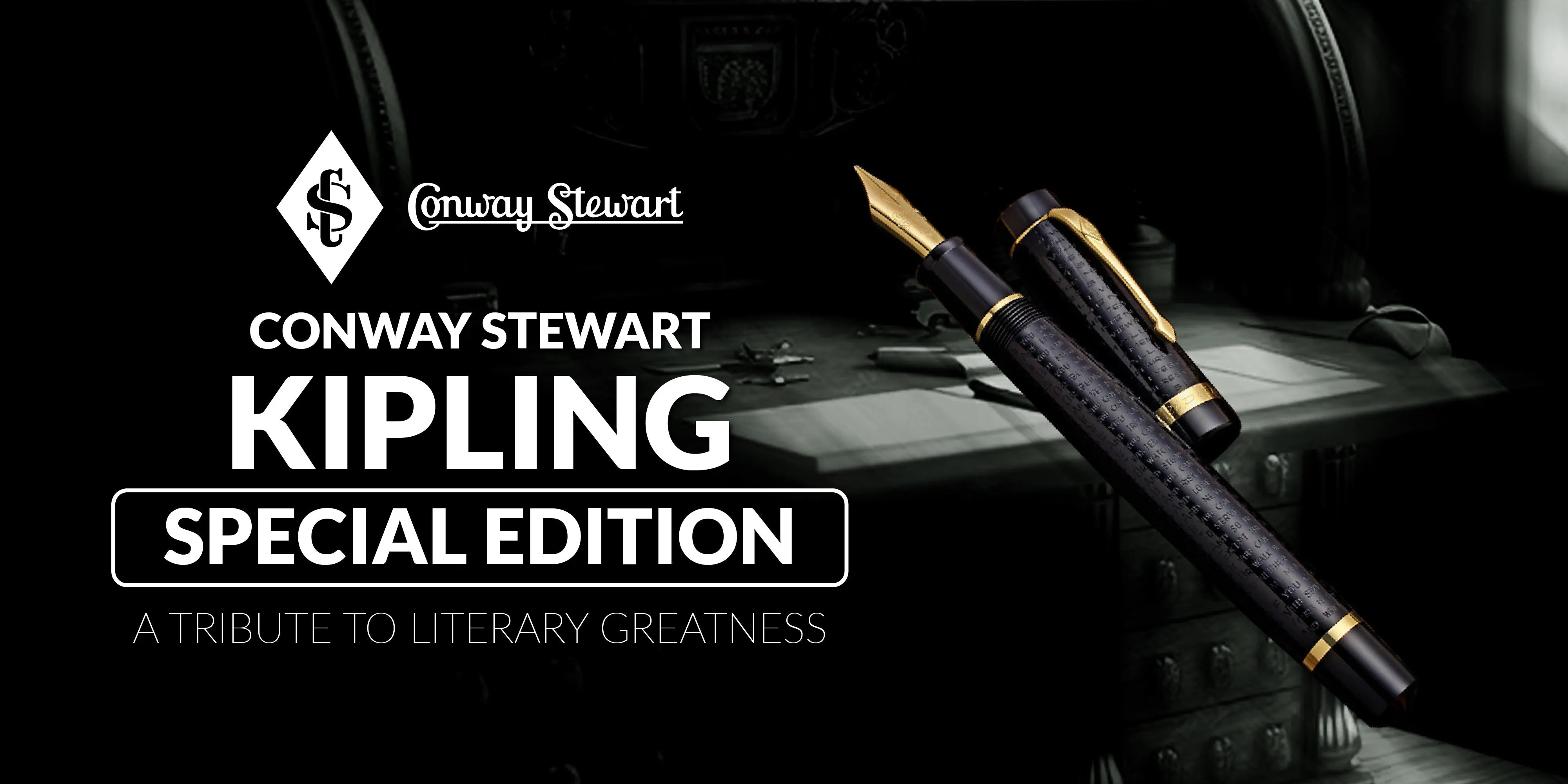


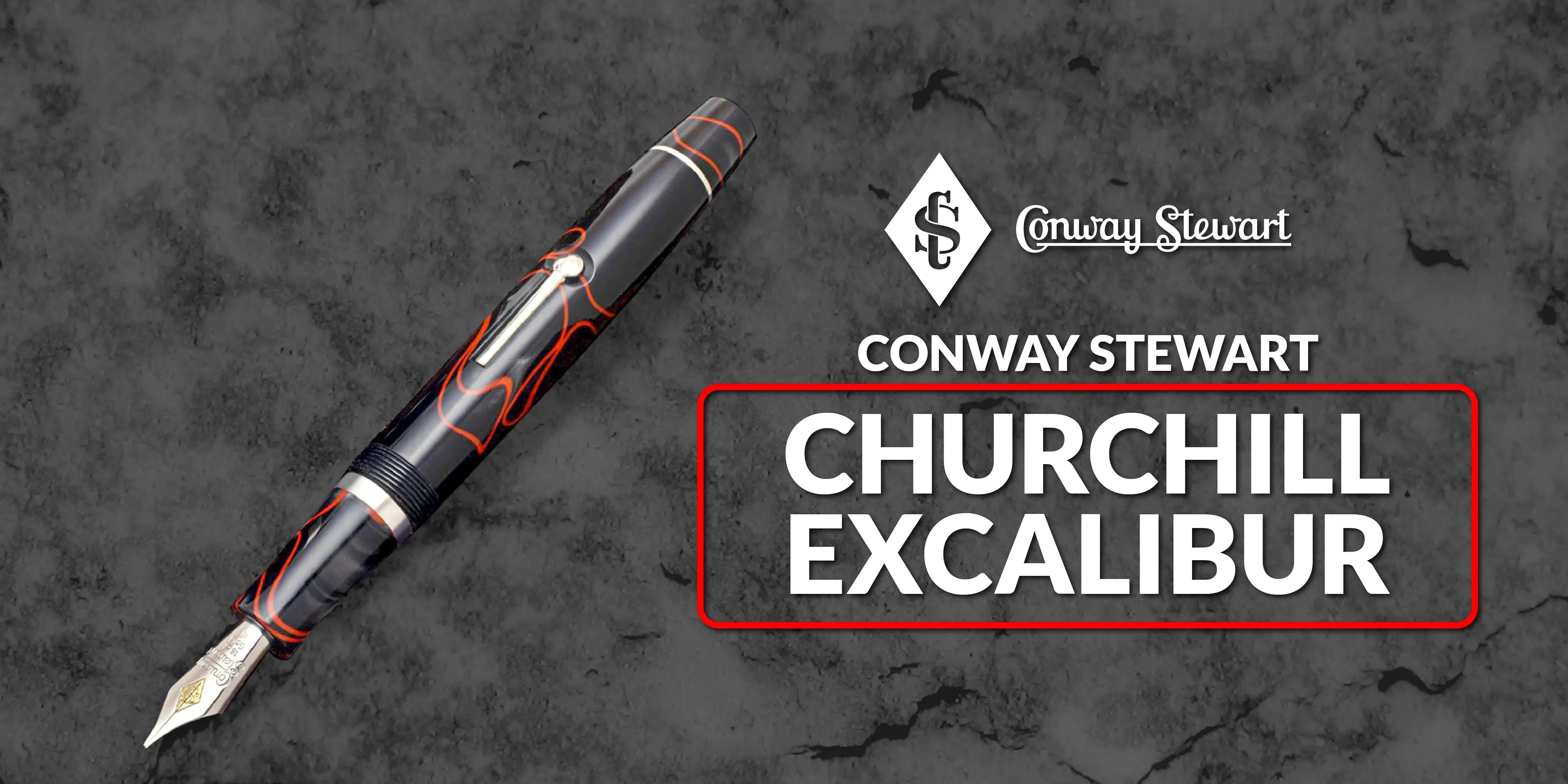
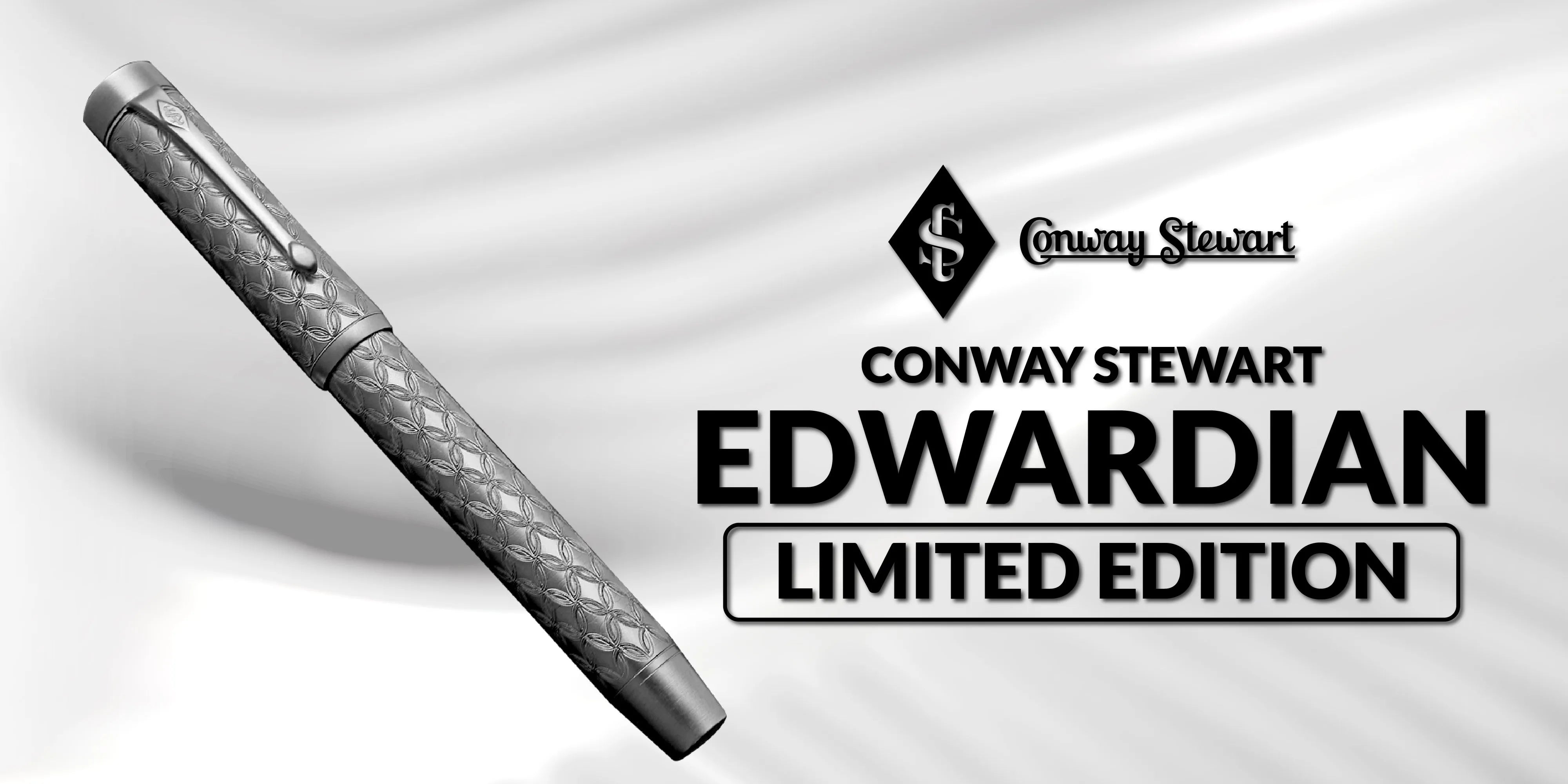
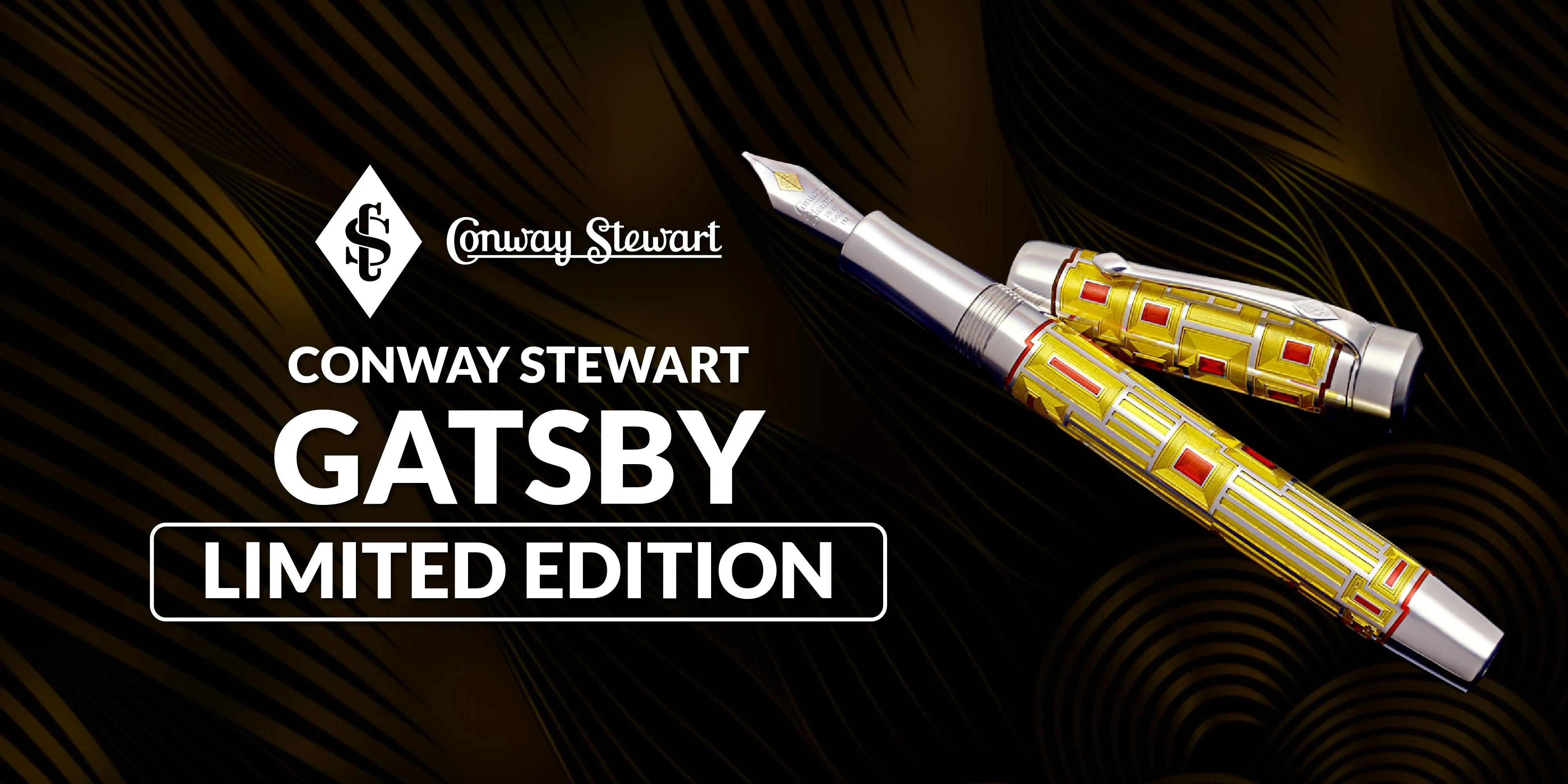
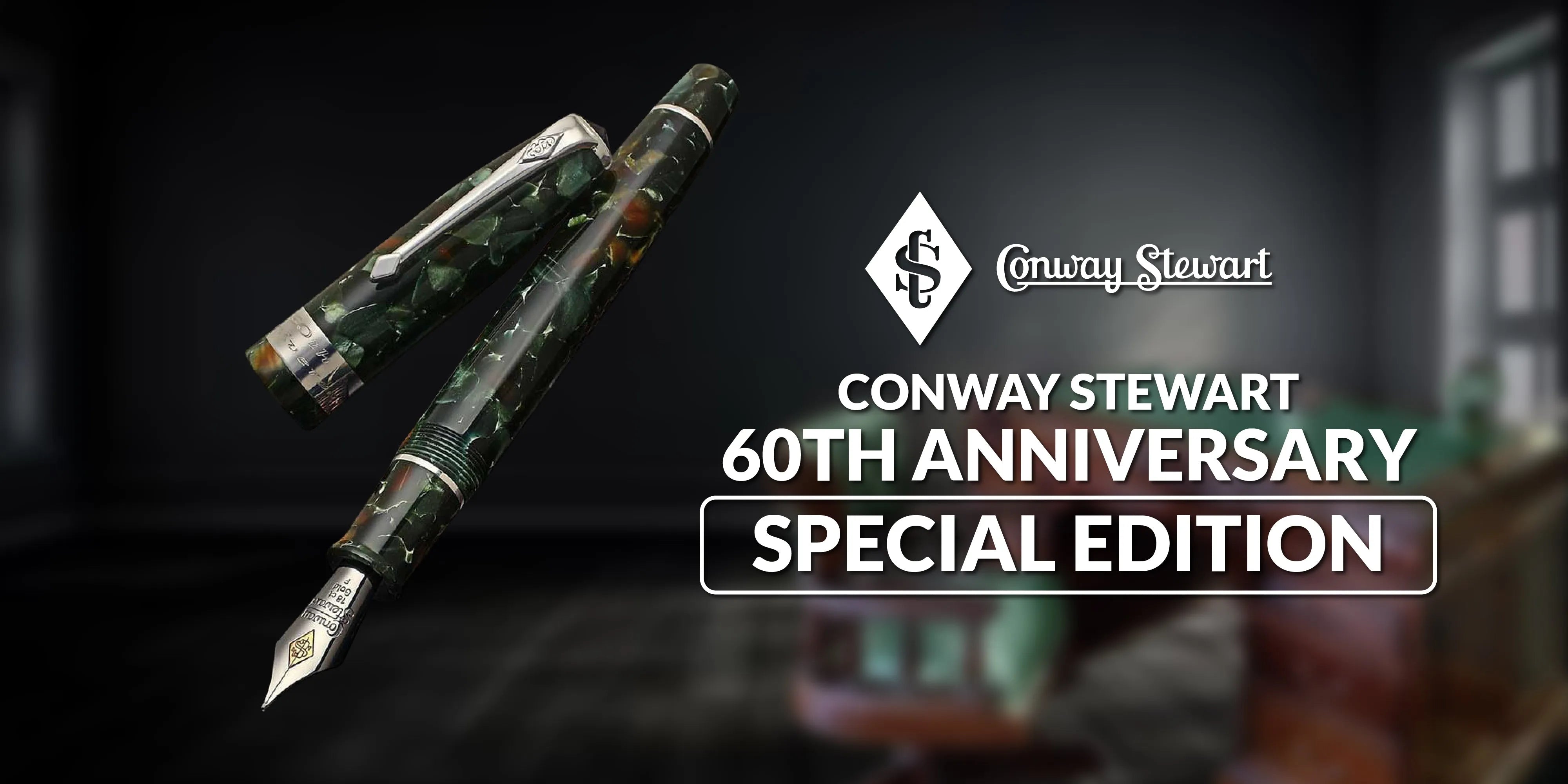

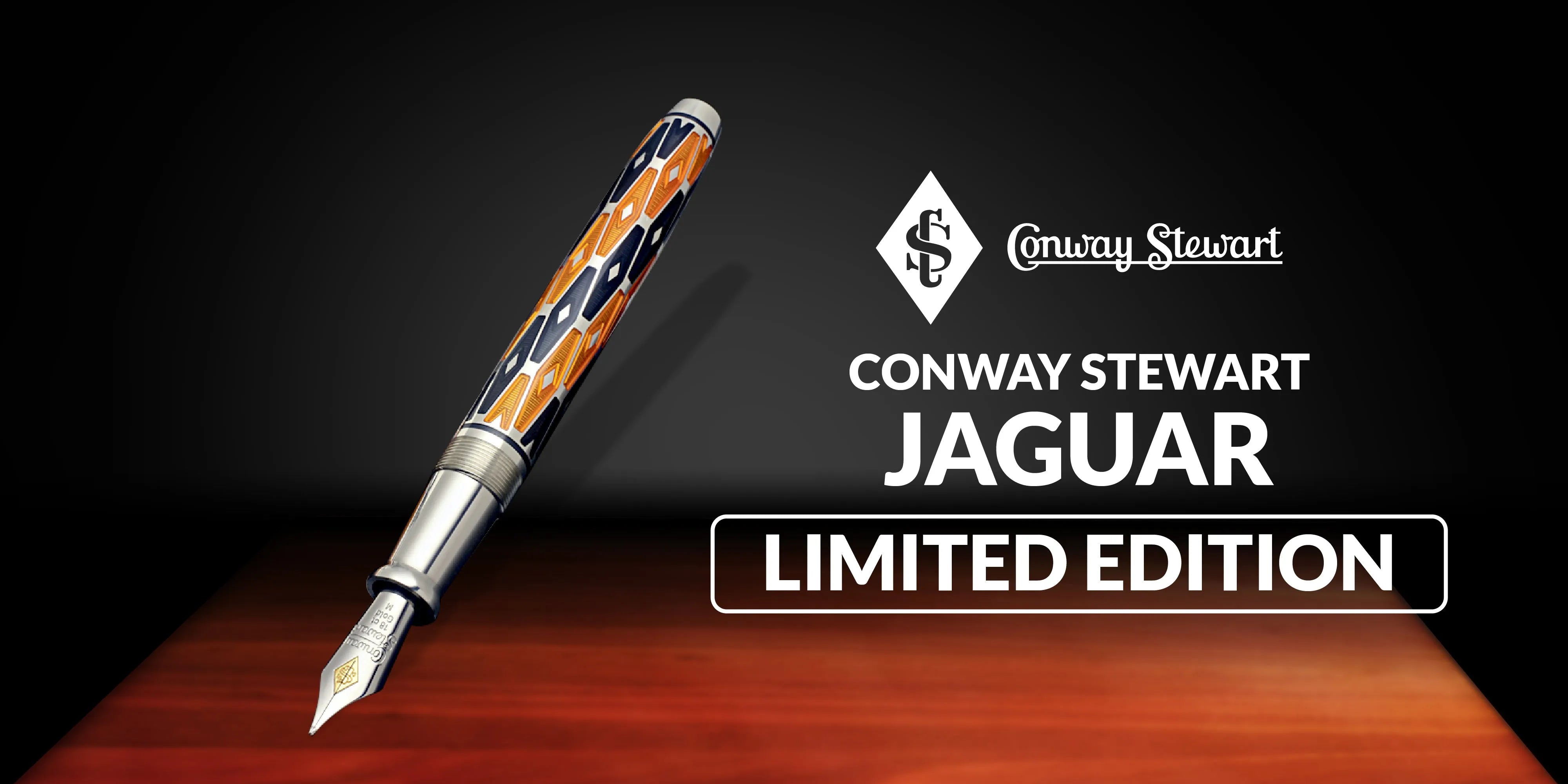


Leave a comment